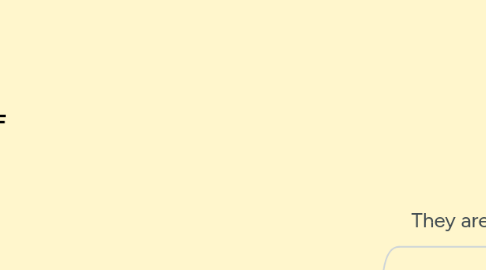
1. RESTRICTED DICTIONARIES
1.1. Technical dictionaries ( Terminological dictionaries )
1.1.1. 1- They deal with the technical language of subject field.
1.1.1.1. For example: Medical, law, literature, linguistics.
1.1.2. 2- They are compiled according to principles of terminology.
2. SYNTAGMATIC SPECIALIZED DICTIONARIES
2.1. Are concerned with relationship between the lexical items and other items which thy are combined.
2.1.1. 1- Construction dictionaries
2.1.1.1. Specify for ( headword ) the kind of complement that are syntactical .
2.1.1.1.1. A- A subject complement
2.1.1.1.2. B- An object complement
2.1.1.1.3. C- A verb complement
2.1.2. 2- Collocation dictionaries
2.1.2.1. Specify for each headword what words tend to appear together with it in word combination.
2.1.2.1.1. For example: Do your homework NOT Make your homework.
2.1.3. 3- Idiom dictionaries
2.1.3.1. Group of word in a fixed order that have a particular meaning that is different from the meanings of each word it’s own.
2.1.3.1.1. For example: Beat around the bush ( not speaking direct about the issue).
3. PARADIGMATIC SPECIALIZED DICTIONARIES
3.1. They are concerned with the relationship between lexical items and other items for which they can be substituted.
3.1.1. 1- Content-paradigmatic dictionaries
3.1.1.1. A- Synonym dictionaries
3.1.1.1.1. 1- Cumulative synonym dictionaries: A group of words haveing ( almost ) the same meaning.
3.1.1.1.2. 2- Distinctive synonym dictionaries: They provide the contexts in which each particular synonym is preferred.
3.1.1.2. B- Antonym dictionaries
3.1.1.2.1. 1- They are less common.
3.1.1.2.2. 2- They are often combined with synonym dictionaries.
3.1.1.3. C- Thesauri ( Plural of a thesaurus )
3.1.1.3.1. Words are grouped together according to conceptual connection, regardless of part of speech.
3.2. 2- Expression-paradigmatic dictionaries
3.2.1. They may be based on the spelling or the pronunciation of words.
3.2.1.1. A- Based on spelling
3.2.1.1.1. Reverse-order ( final-alphabetical dictionaries): They are sorted according ot the last letter of the word, then according to the last but on.
3.2.1.2. B- Based on pronunciations
3.2.1.2.1. Rhyming dictionaries: They group together words whose endings are pronounced in the same way.
